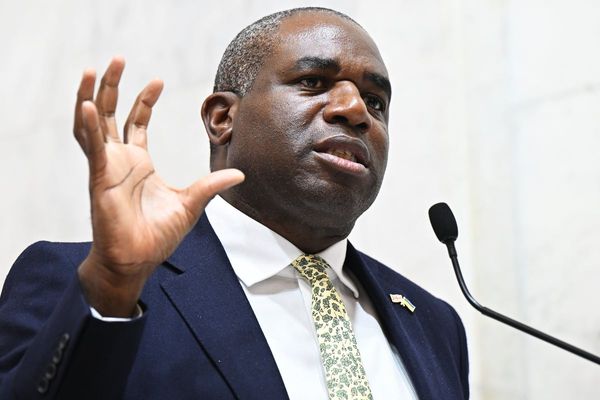
Many think of finances as purely a numbers business, but in reality, it’s a people business, too. Financial advisers work closely with their clients, often getting to know them on a deeper level than others might due to the sensitive nature of the work they do together. Discussing and receiving advice about one’s financial goals and personal money habits can be very vulnerable, and so working with a financial adviser who puts focus on their “soft skills” can be a much more comfortable and rewarding experience.
Below, the financial experts of Kiplinger Advisor Collective touch on nine other reasons why financial advisers and other financial professionals should sharpen their soft skills, and address why doing so can make for much better client-adviser relationships.
To understand clients' unique needs and goals
“Money isn't about numbers to most people; it's about how we live our lives. When financial advisers focus on mathematical optimization, they ignore the reason people want financial stability in the first place — so they can experience ease and joy in all areas of their lives. No set of rules or equations is right for everyone, so advisers must know how to understand clients' unique needs and goals.” — Dana Miranda, YOU DON'T NEED A BUDGET
To build connection and trust
“Money is personal. We attach all types of emotions, values and more to it, which is why advisers need to develop soft skills. People are wired to connect with other people like them; it's in our DNA. Soft skills are the bridge to human connection, establishing rapport and ultimately trust. Without them, the numbers never matter. ‘People don't care how much you know until they know how much you care.’” — Derek Notman, Couplr AI
To be able to give personalized advice
“Only after learning about the client's family dynamics, goals, concerns and fears can you truly identify an appropriate tax savings, estate, financial or asset protection plan. This typically requires you to listen more than talk and to ask the questions needed to identify the goals and concerns that the client generally will not share or may not even have had the time to identify themselves.” — John Goralka, The Goralka Law Firm
To act as a co-pilot on a client's journey
“AI and robo-advisers are upon us, and while these advancements are incredible in many ways, they lack emotional intelligence. Advisers bring humanity. By combining financial acumen with emotional intelligence, advisers can play the role of co-pilot and help clients set their own GPS toward a destination that makes this flicker of existence a meaningful one.” — Dennis McNamara, wHealth Advisors
Kiplinger Advisor Collective is the premier criteria-based professional organization for personal finance advisors, managers, and executives. Learn more >
To blend the numbers with the heart
“Just like great teachers have to think about how their students think, finance pros have to start thinking about how their clients feel if they want to be effective. Without that personal touch, giving advice is just flinging numbers into the void and hoping something sticks. The best recommendations use head and heart, blending the numbers with the hopes, dreams and fears those numbers represent.” — Kiersten Saunders, rich & REGULAR
To maintain relatability
“One reason I believe financial professionals should sharpen their soft skills is to maintain relatability. All too often, professionals (no matter the industry) get so caught up in their work that they begin to disconnect from the lives of the very people they work with. Building that authentic connection with a client has the potential to create a lasting relationship.” — Justin Donald, Lifestyle Investor
To unlock the information clients may try to hide
“Money is always an emotional business. We get attached to it, and we attach color and emotions to certain expenses. Finance professionals should understand this. People may not be so forthcoming with their actual expenditures to maintain a front. Unlocking this info accurately requires soft skills.” — Zain Jaffer, Zain Ventures
To better understand where clients are coming from
“Money is math to finance professionals, but it’s pure emotion to many of our clients. In fact, that’s a major reason why they need us. Our clients often think about money in terms of how others will judge them — or even how they’ll judge themselves. Money equals appearances instead of inner peace. It’s our job to get deeper. If we can’t put ourselves in our clients’ heads, we can’t truly help them.” — Howard Dvorkin, Debt.com
To bring the human touch
“Soft skills in any field will make people more effective, efficient and impactful. In today's AI- and data-driven world, soft skills bring the human touch, creativity, emotional intelligence and critical thinking to the table. By combining these two types of skills, finance professionals can make informed decisions, drive innovation and achieve success in an ever-evolving business landscape.” — Amrita Choudhary, Wasabi Technologies







